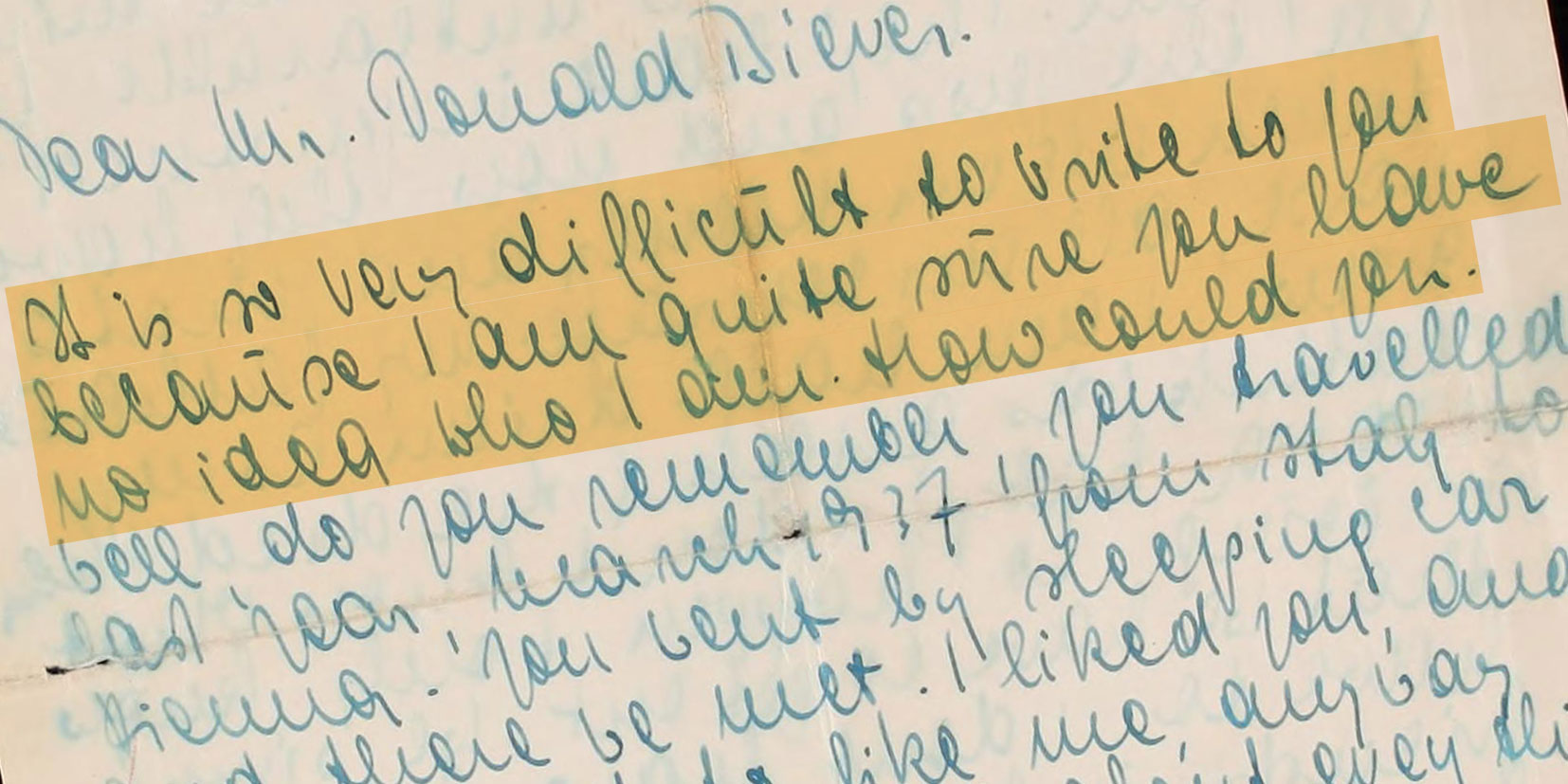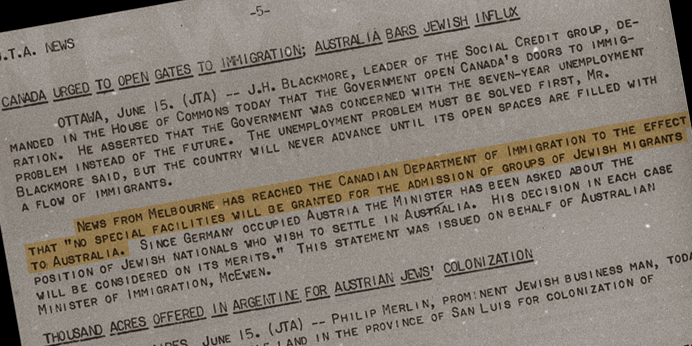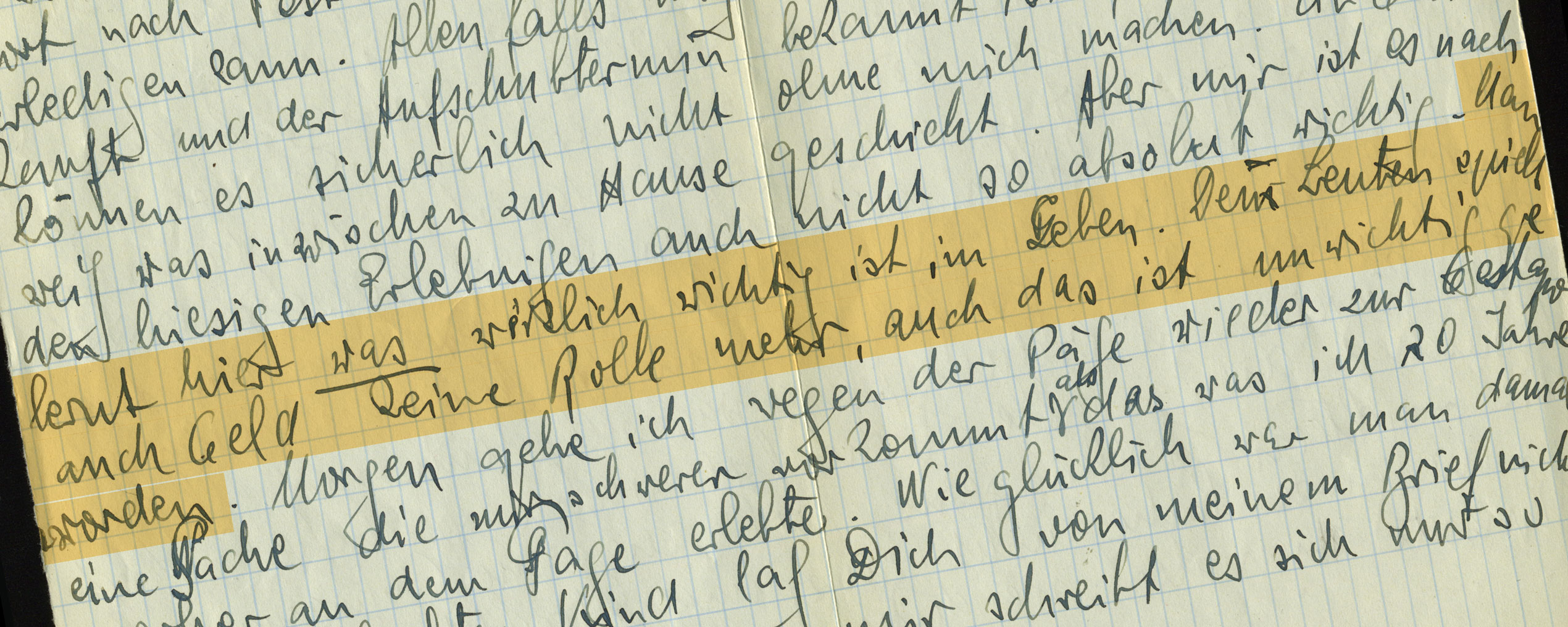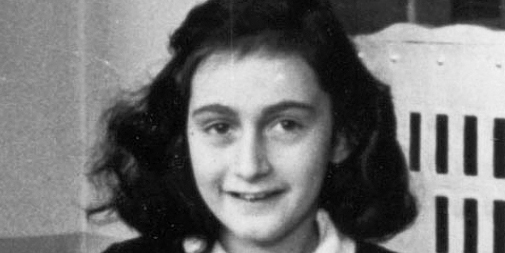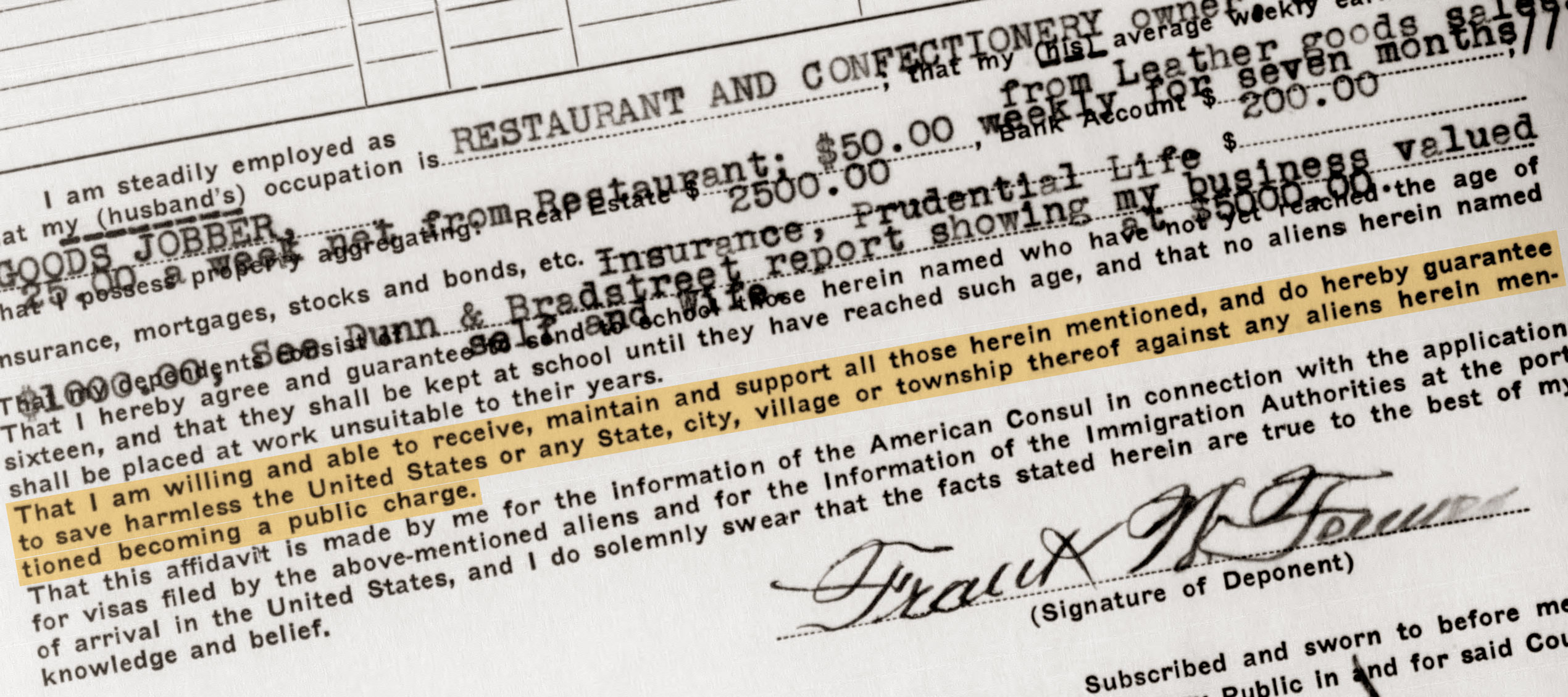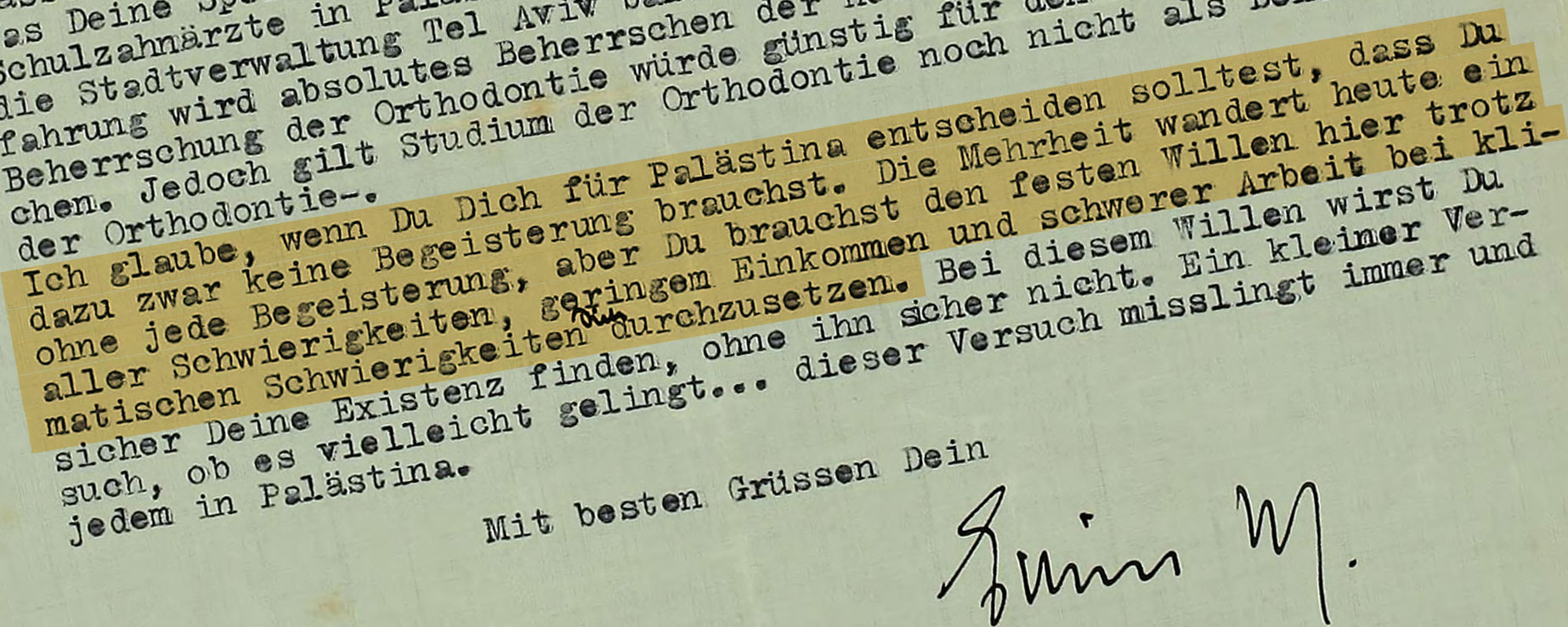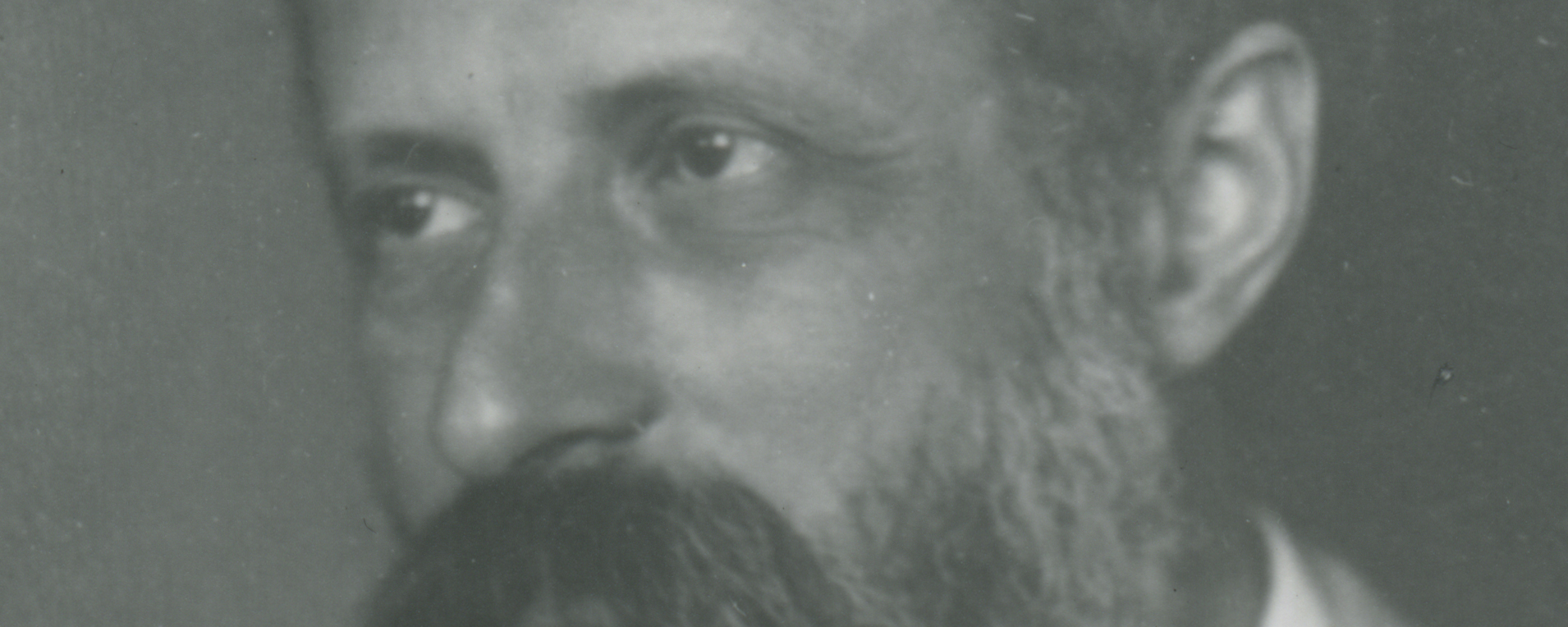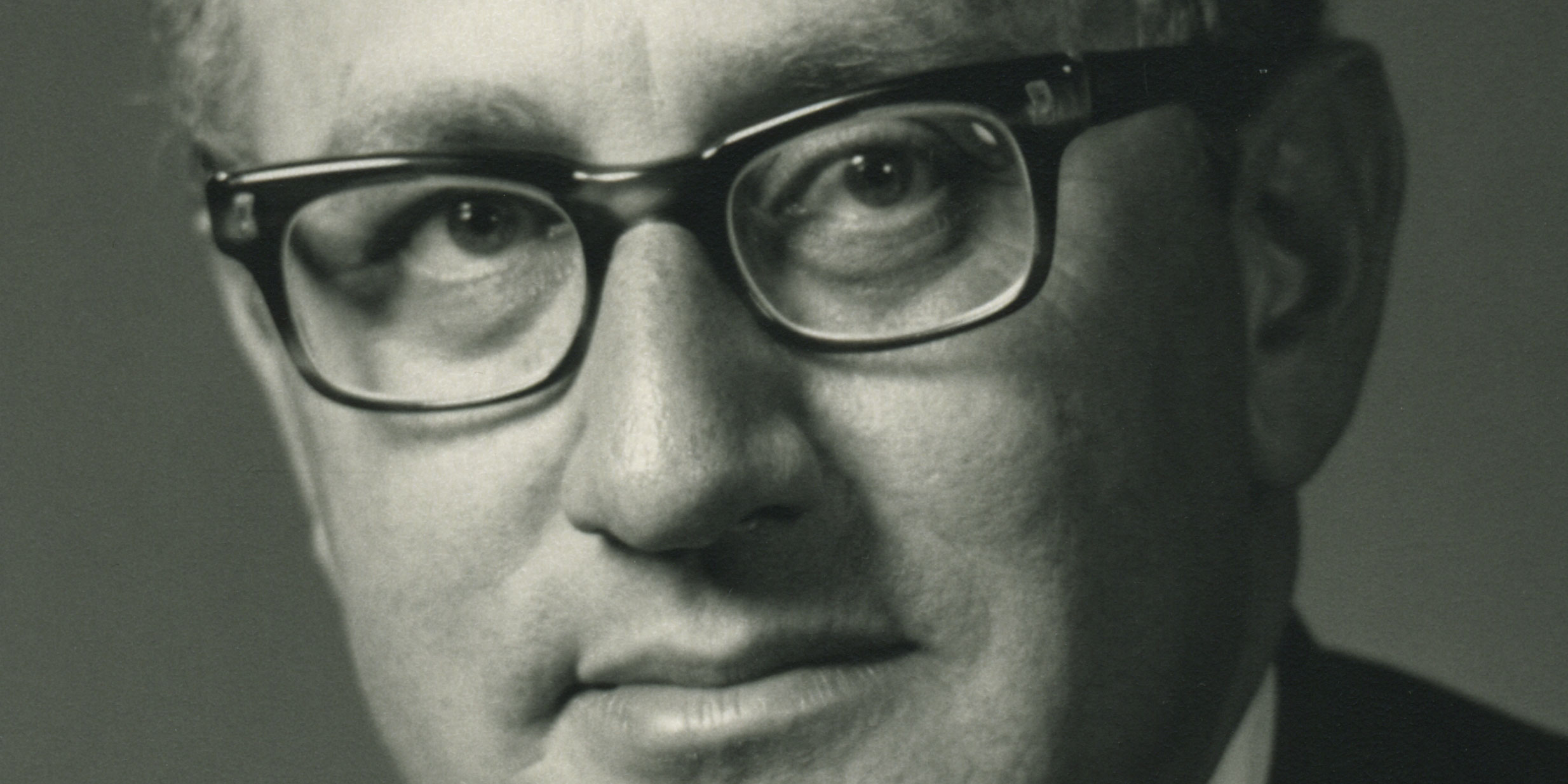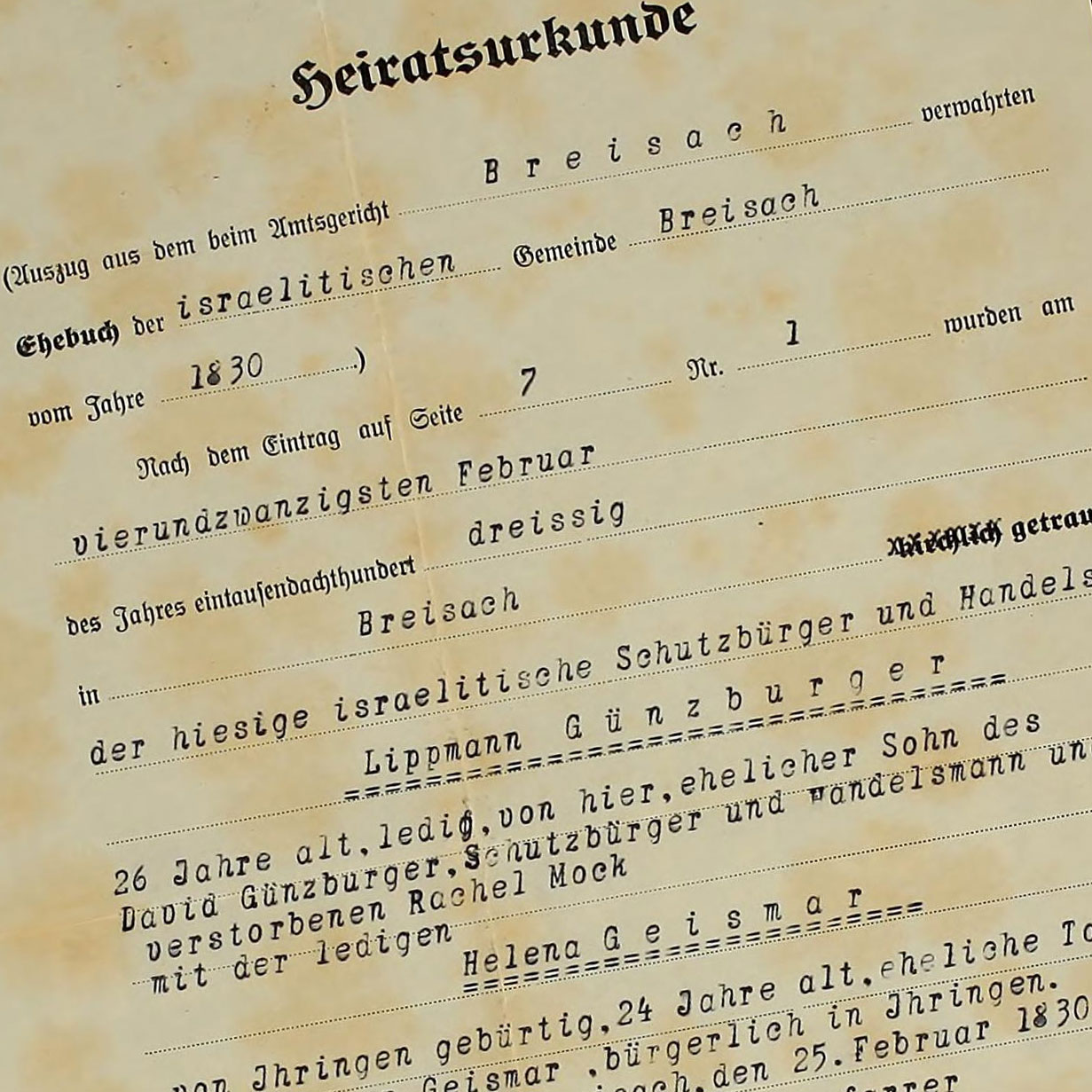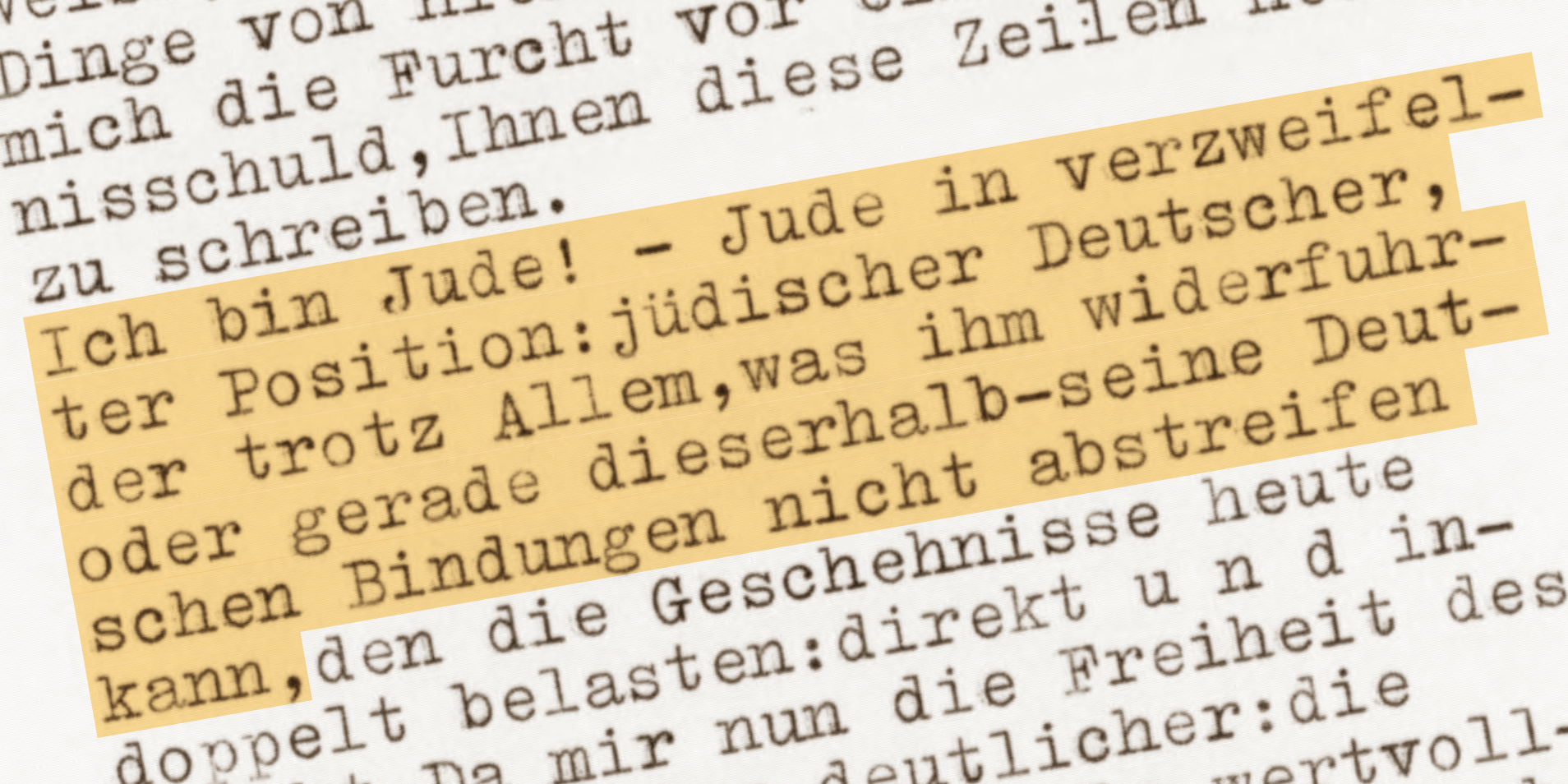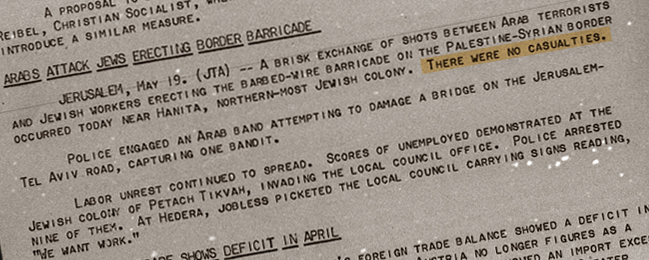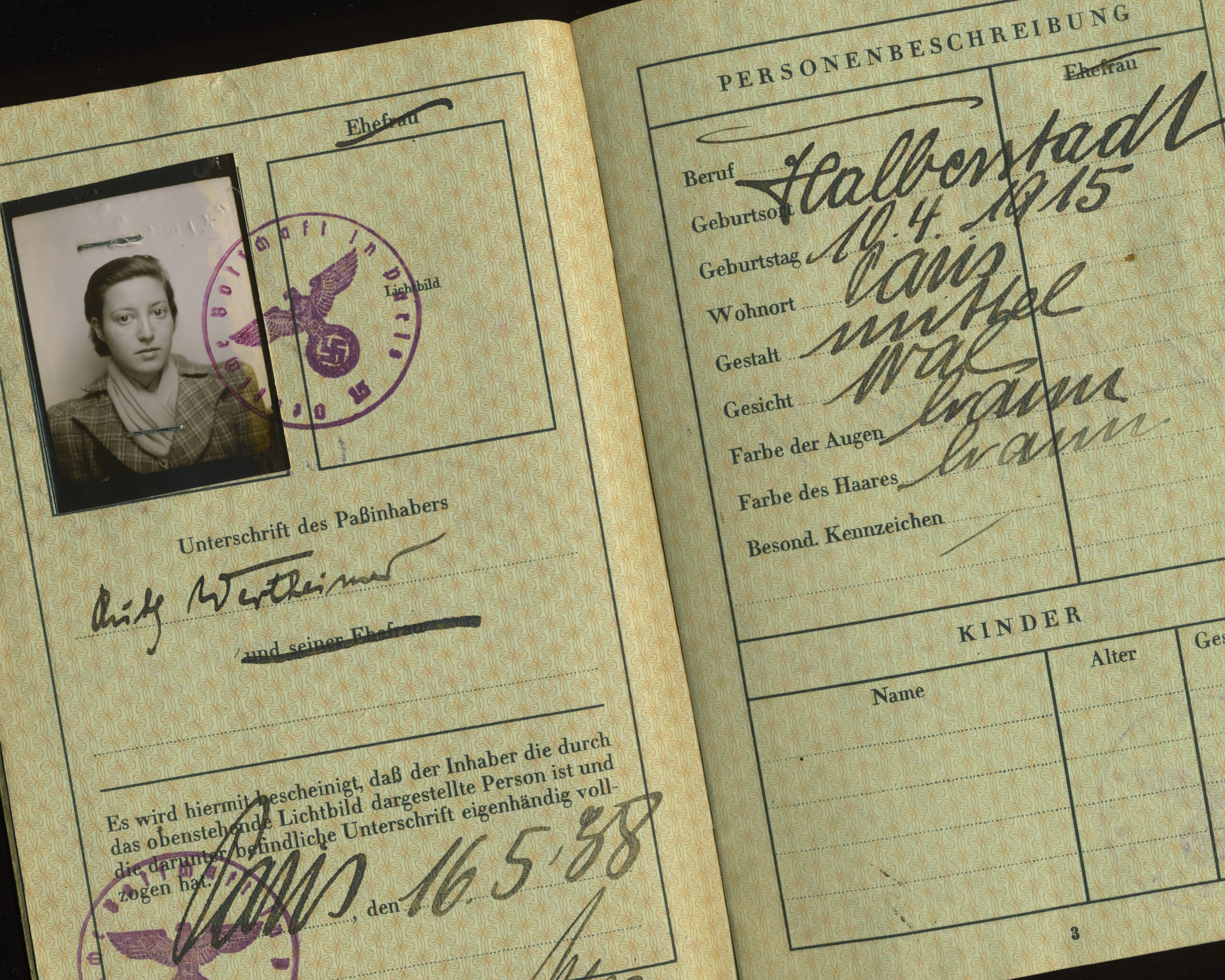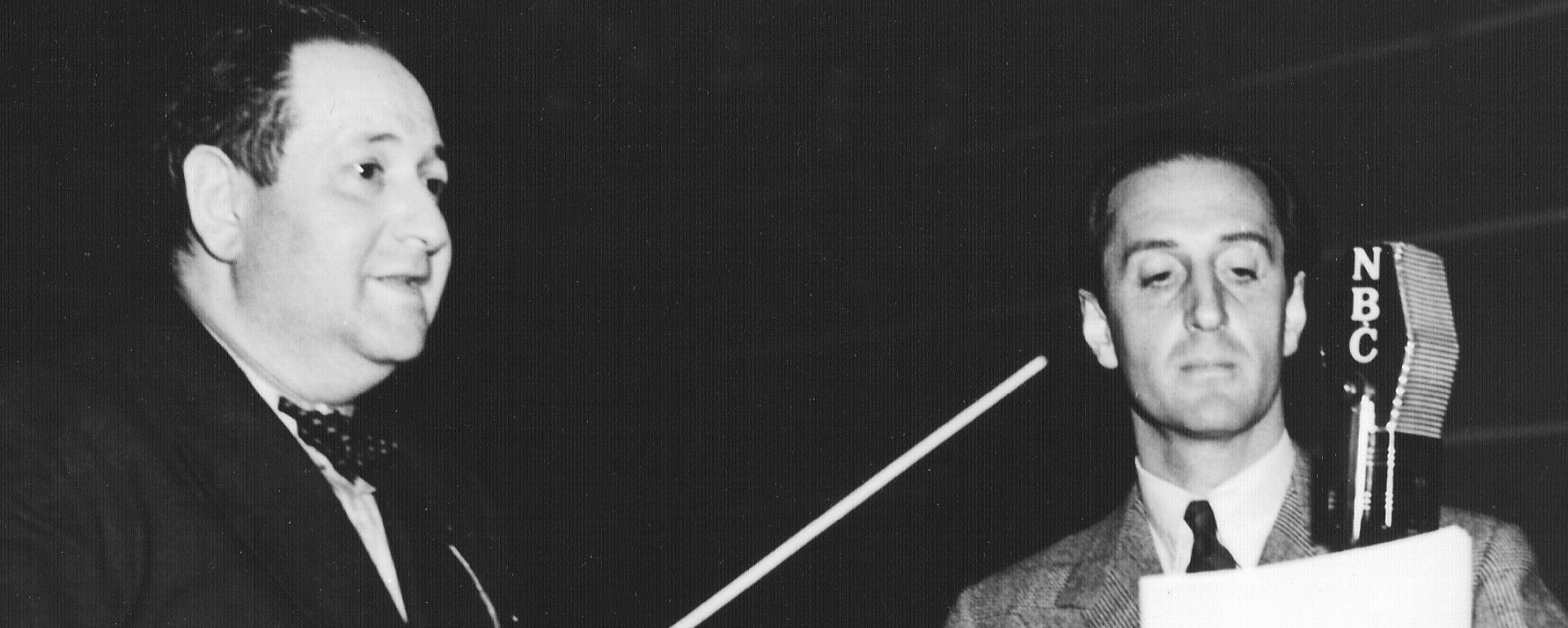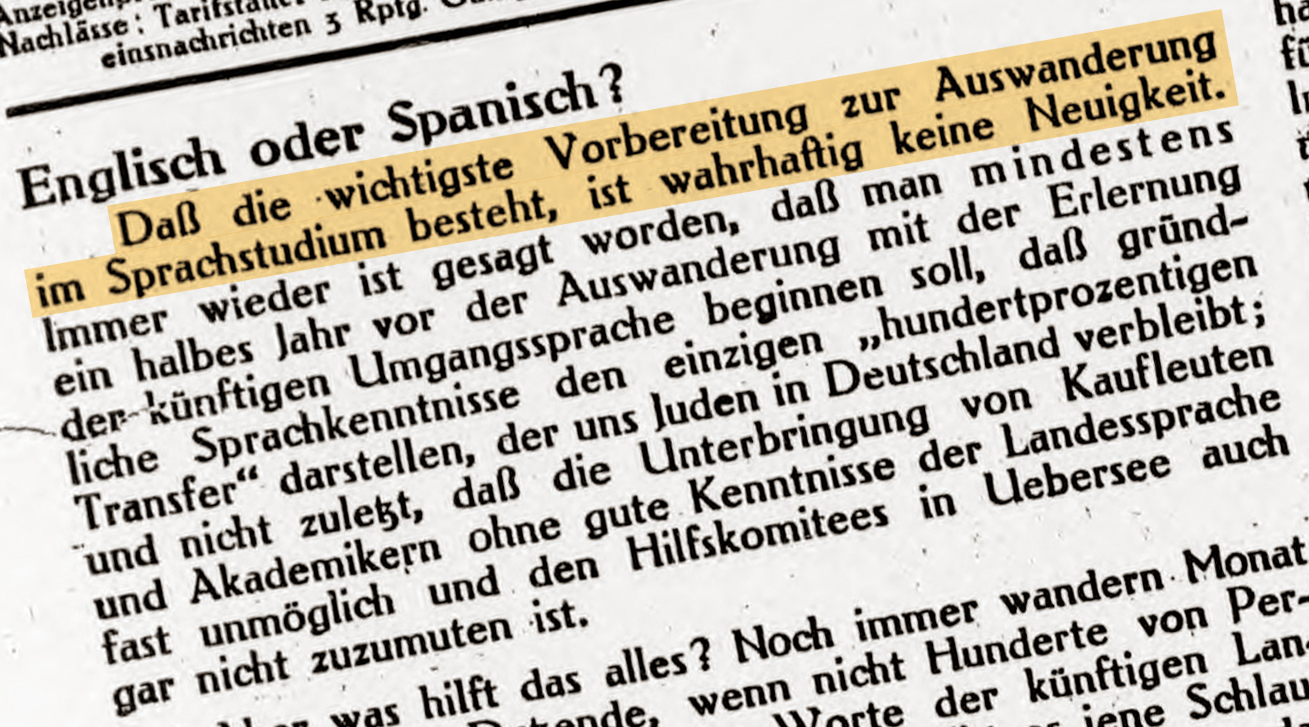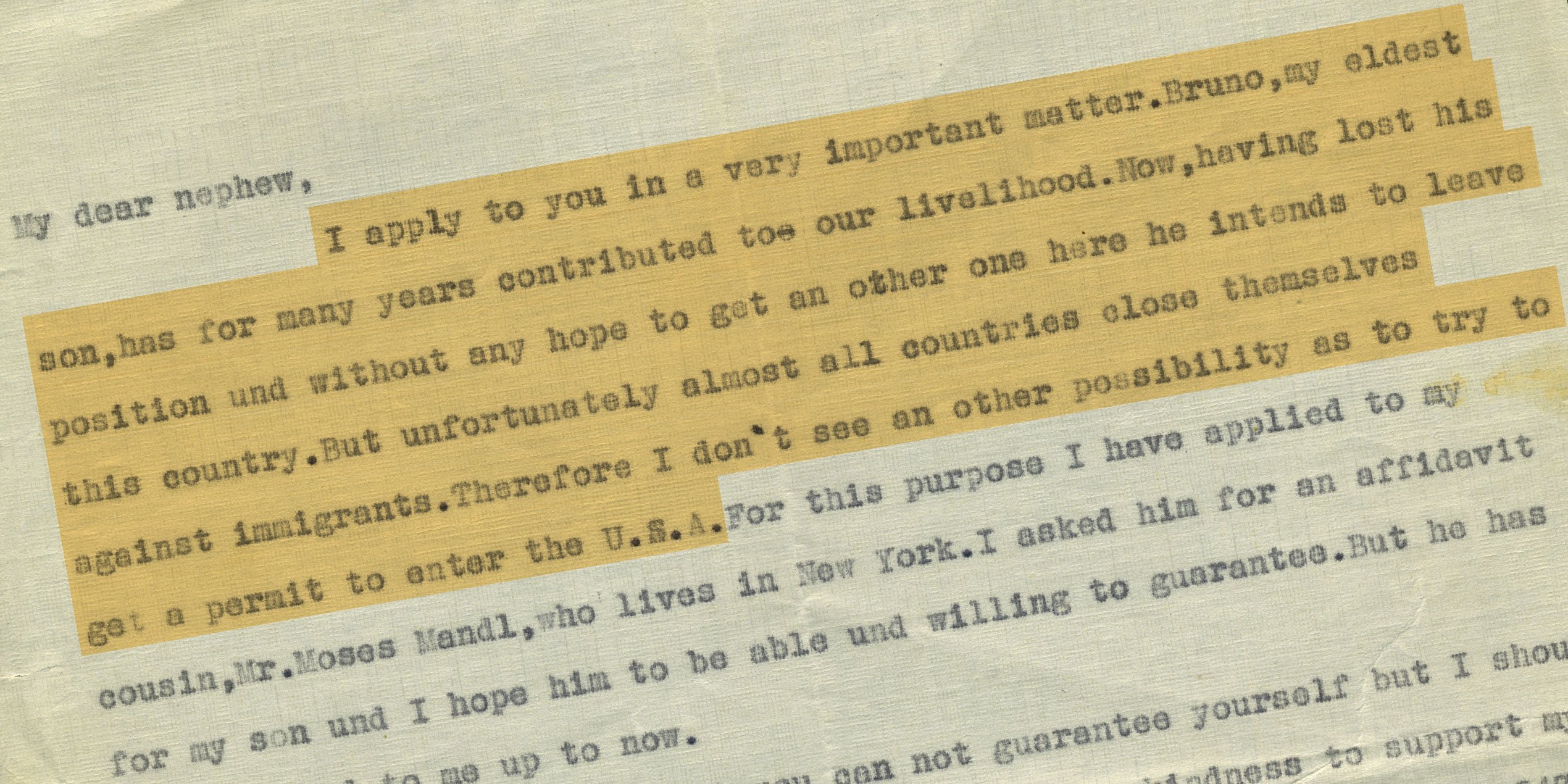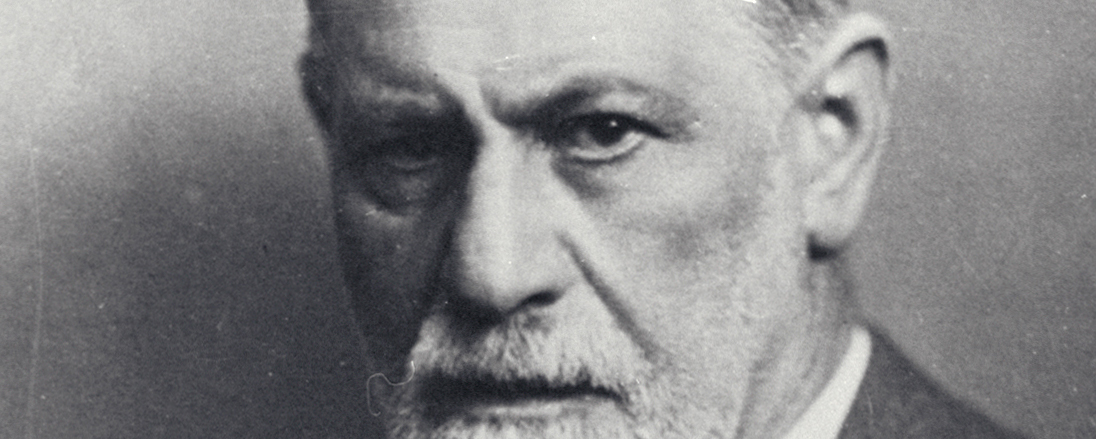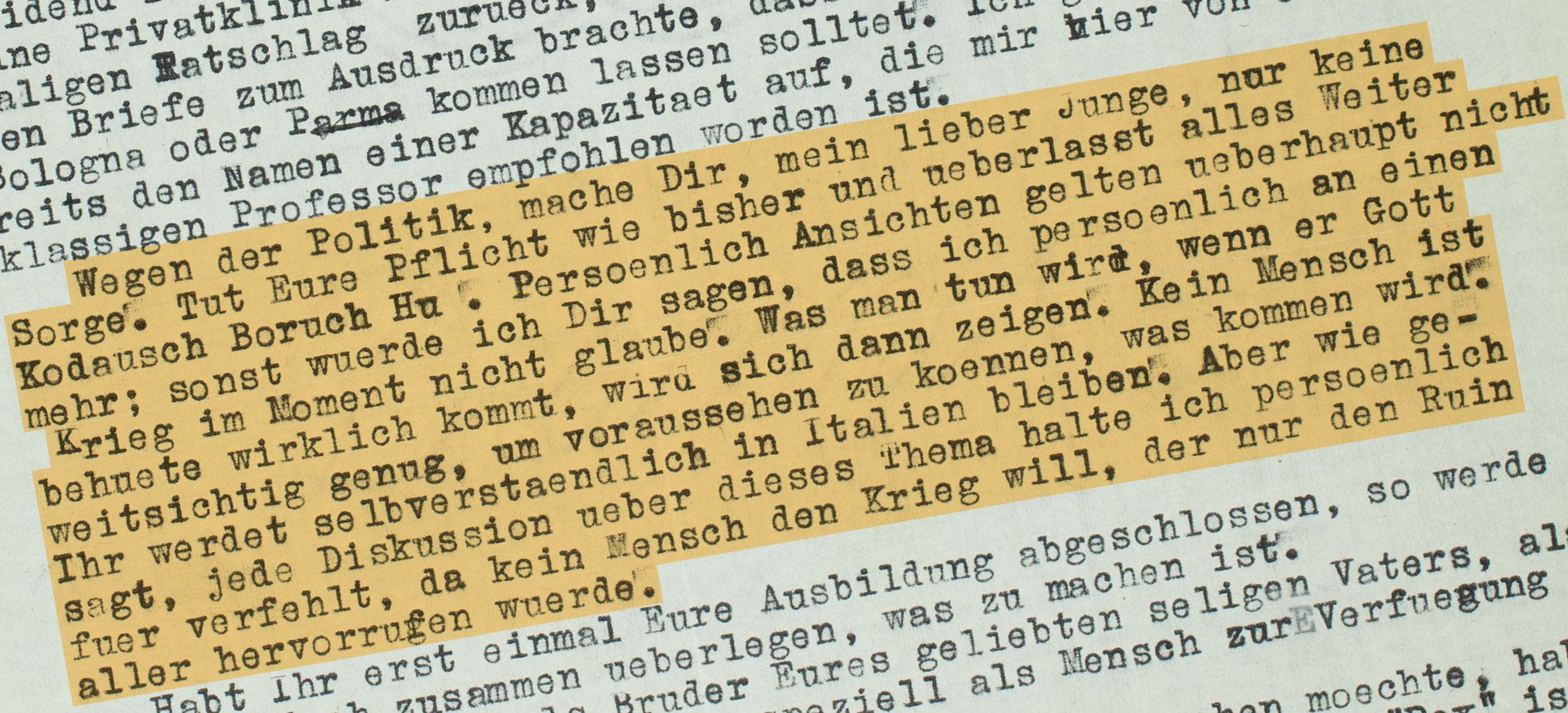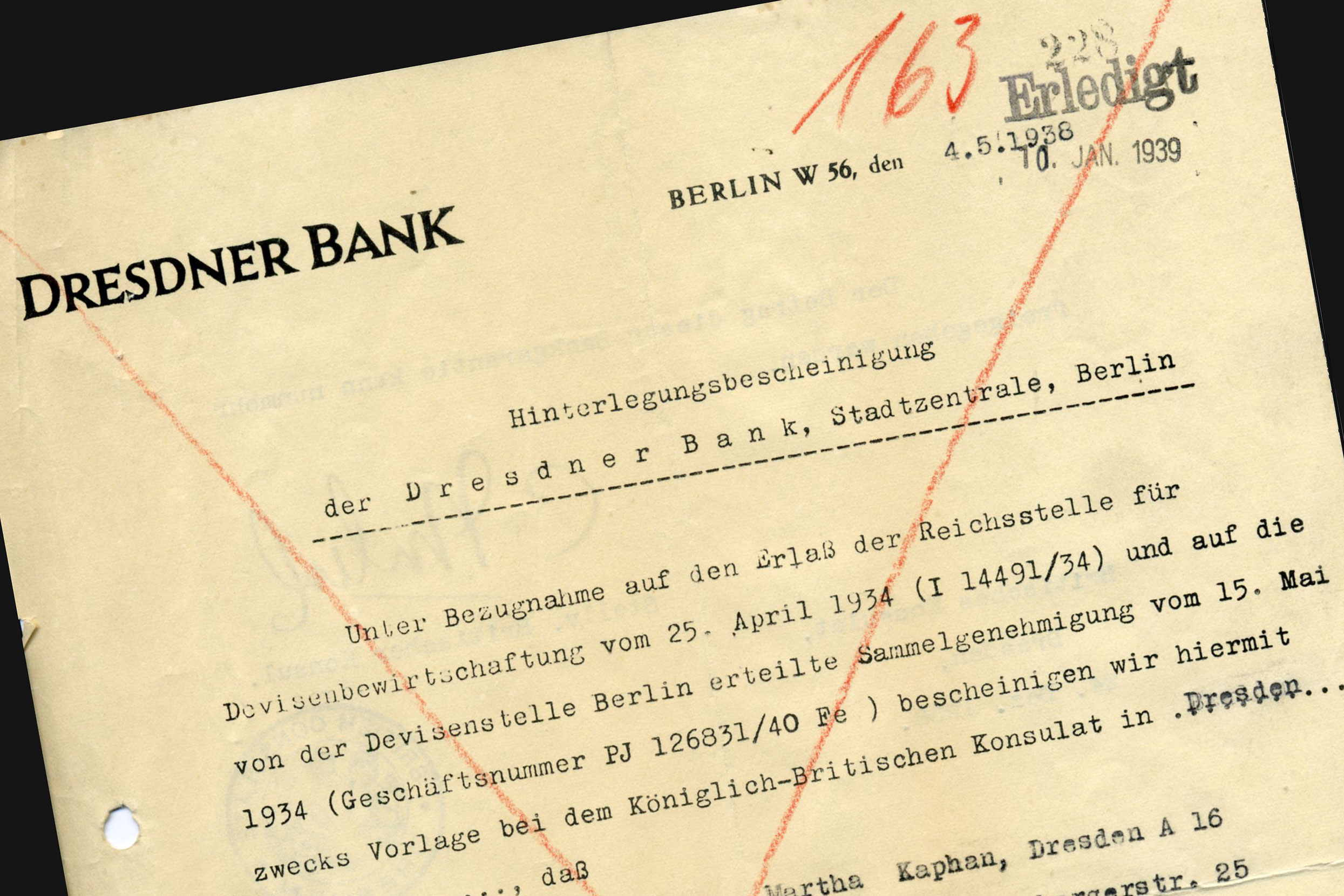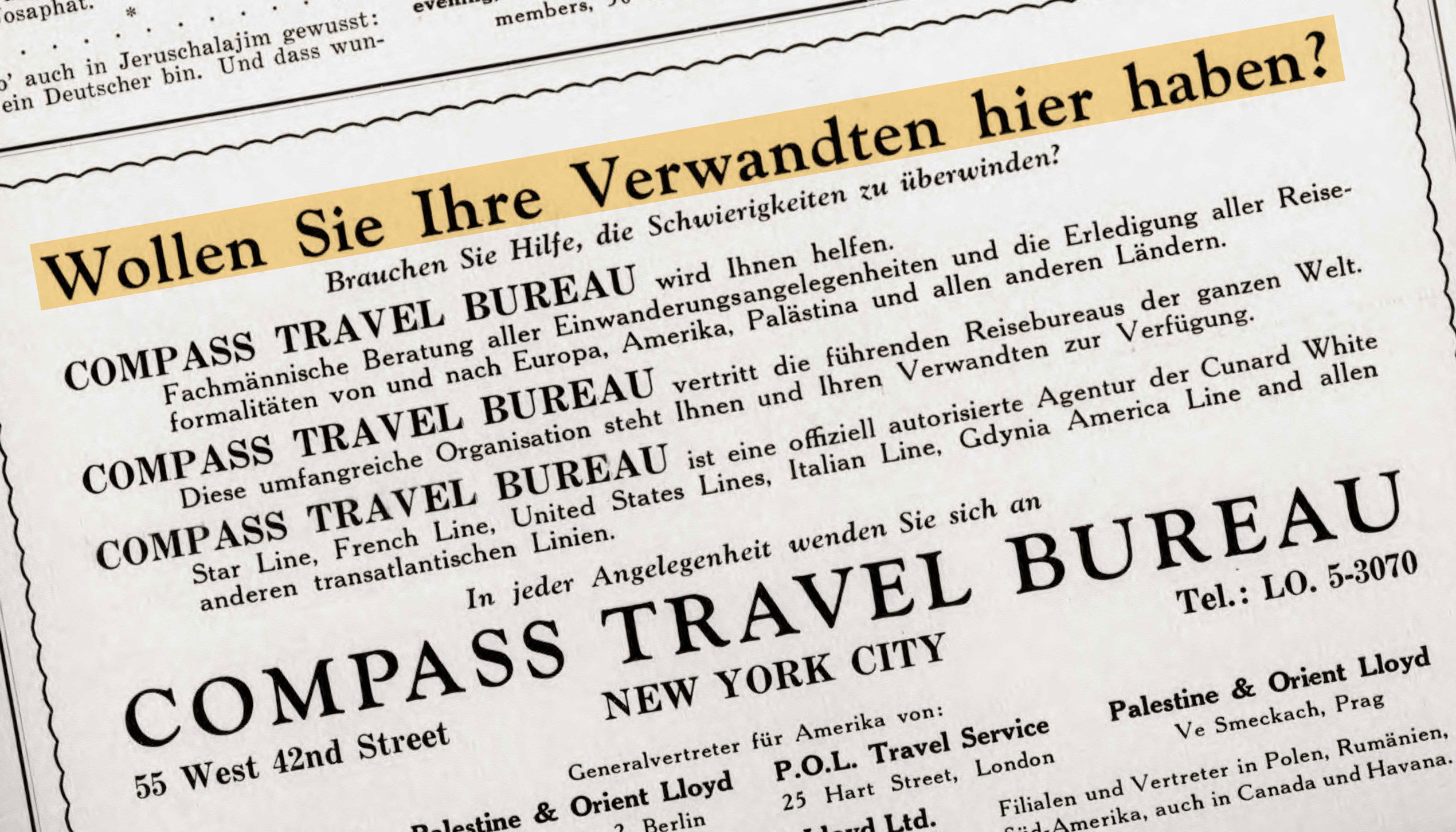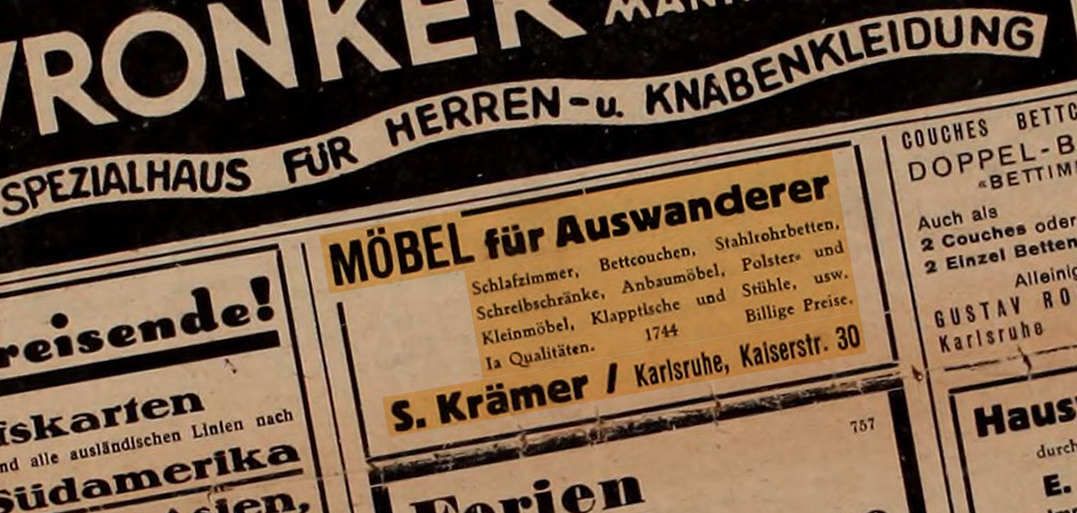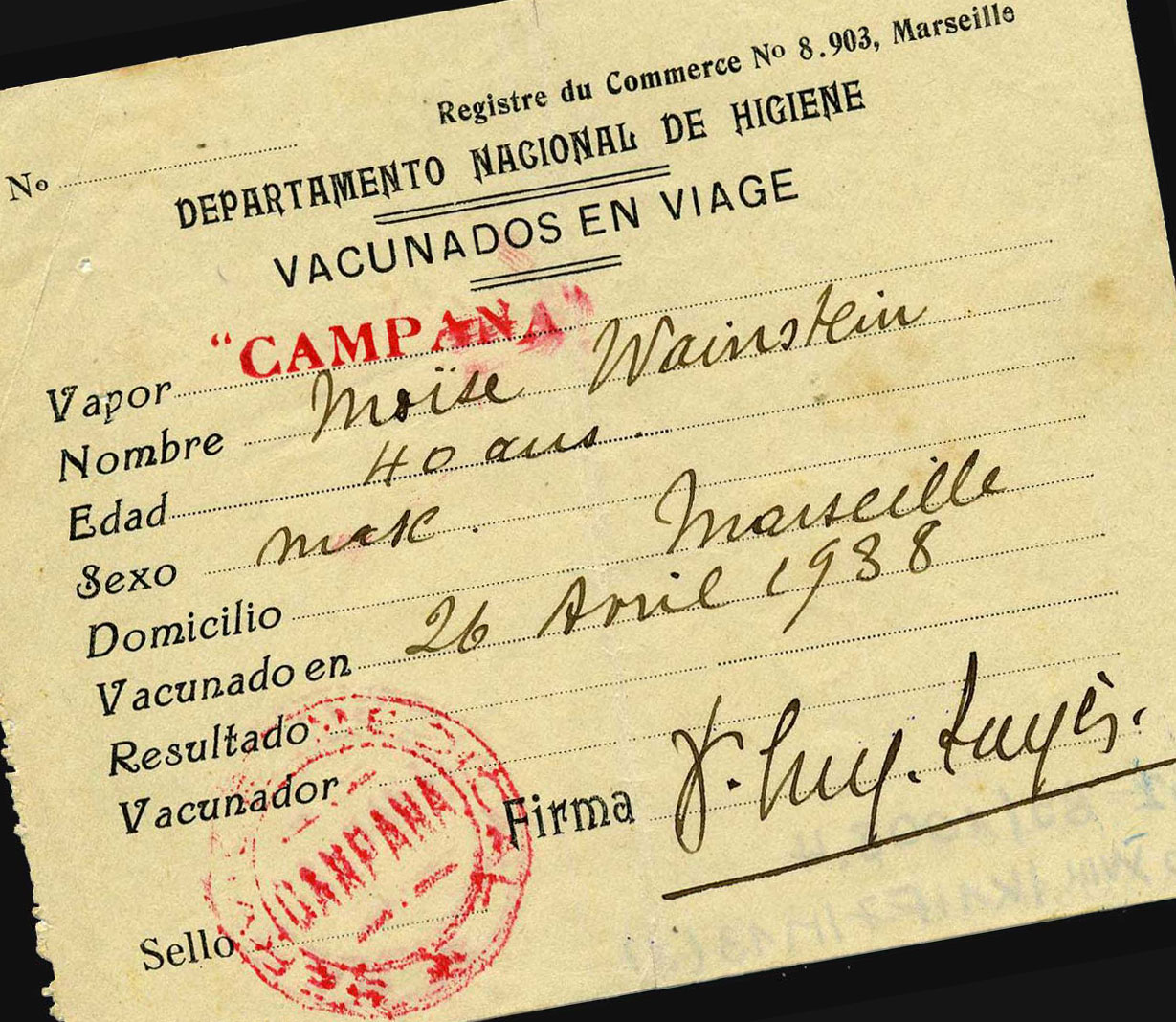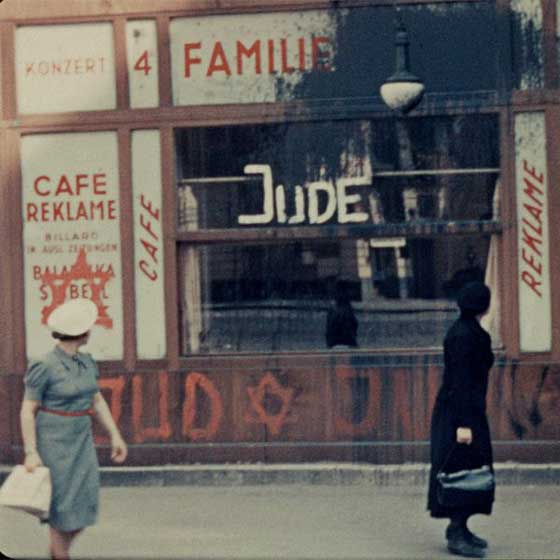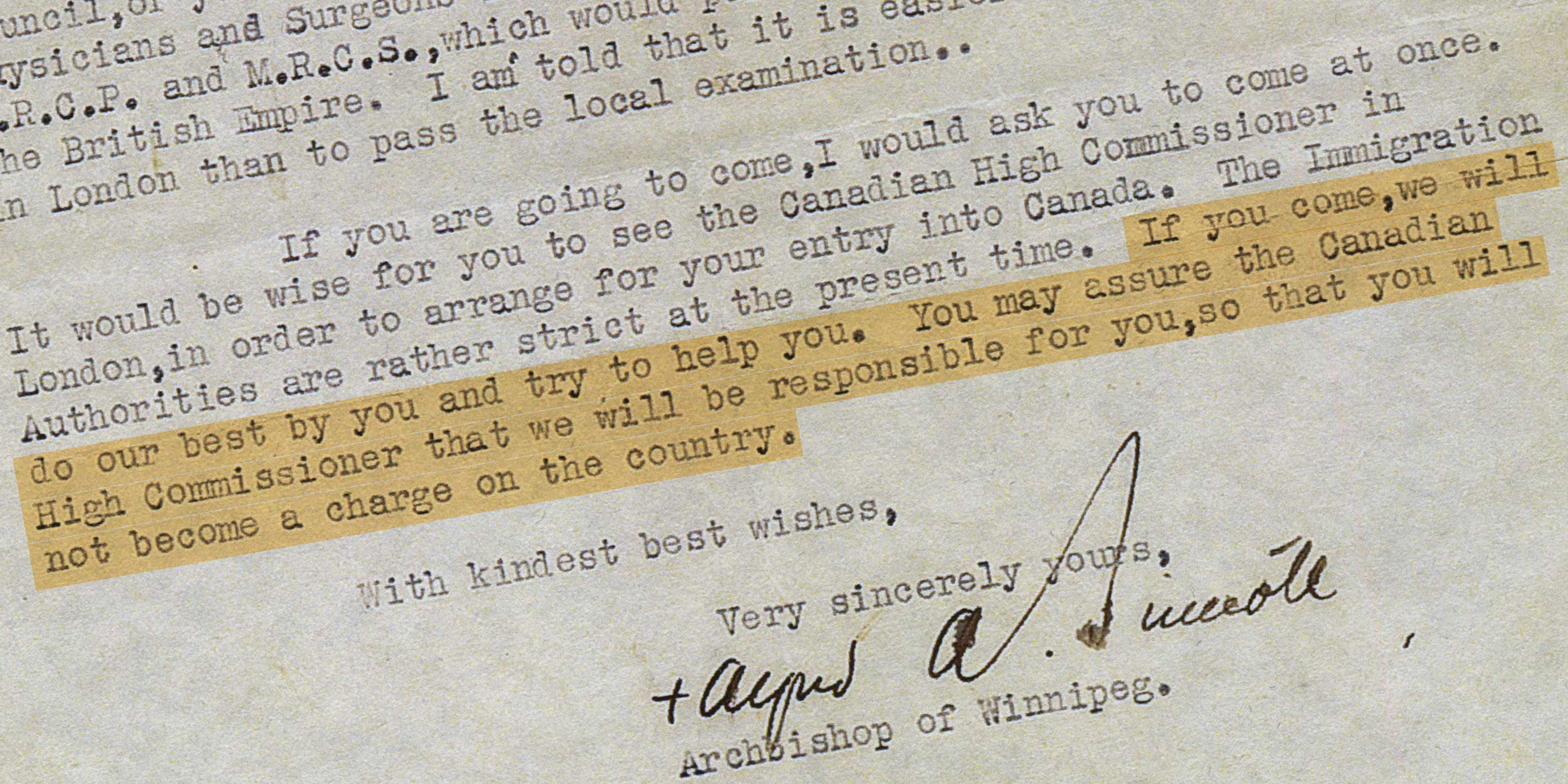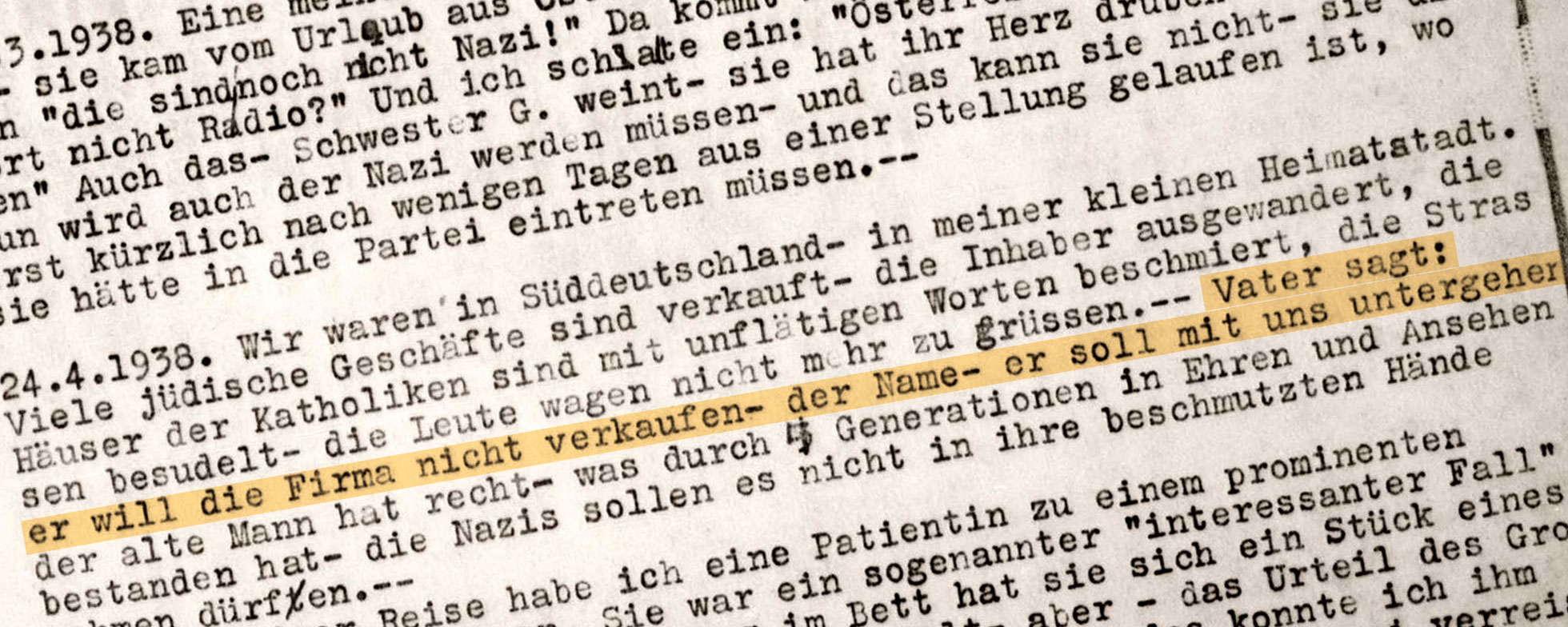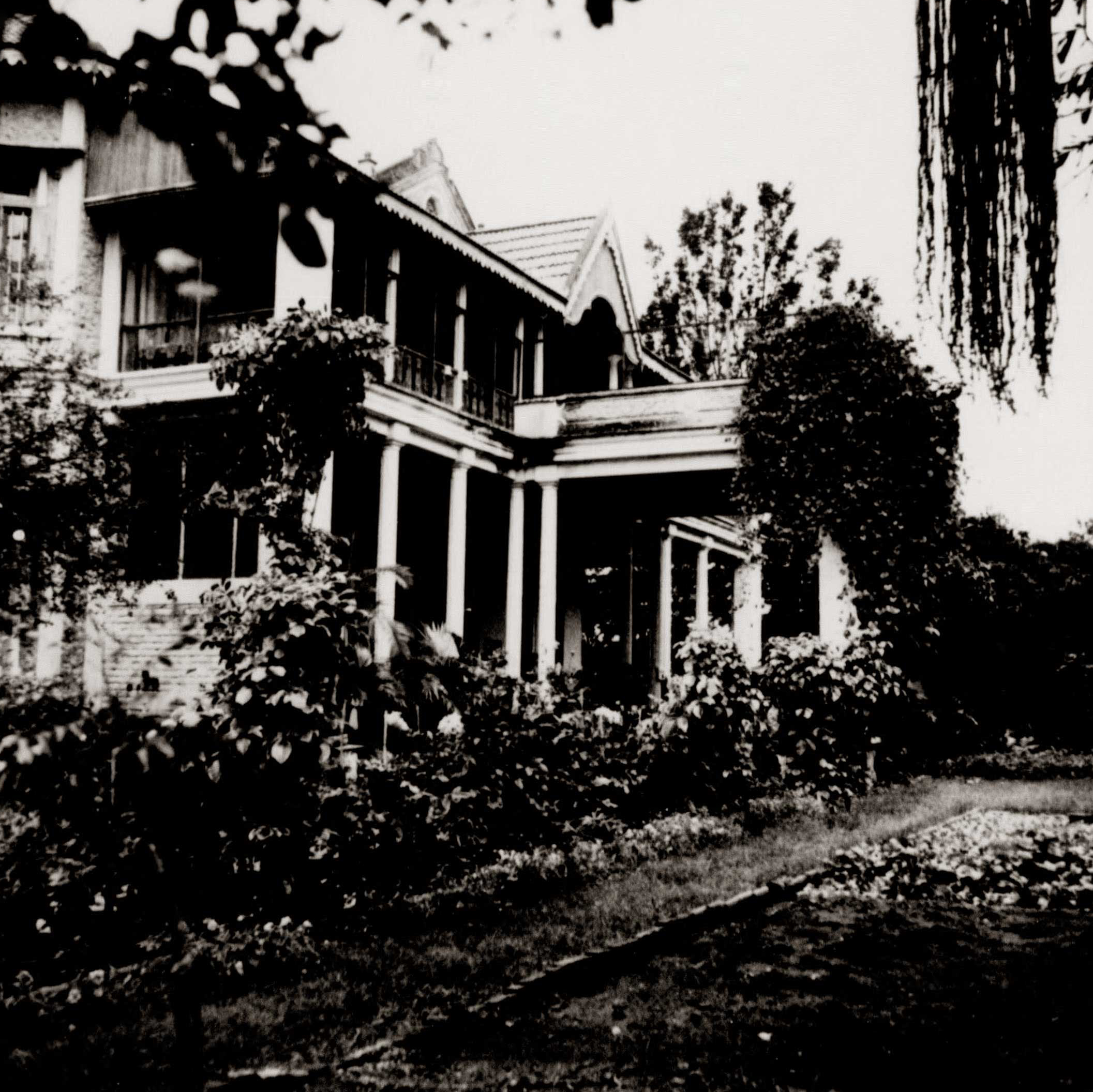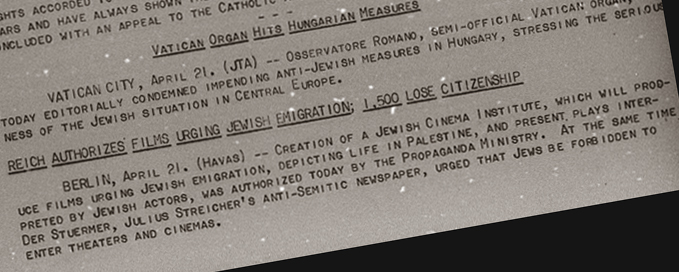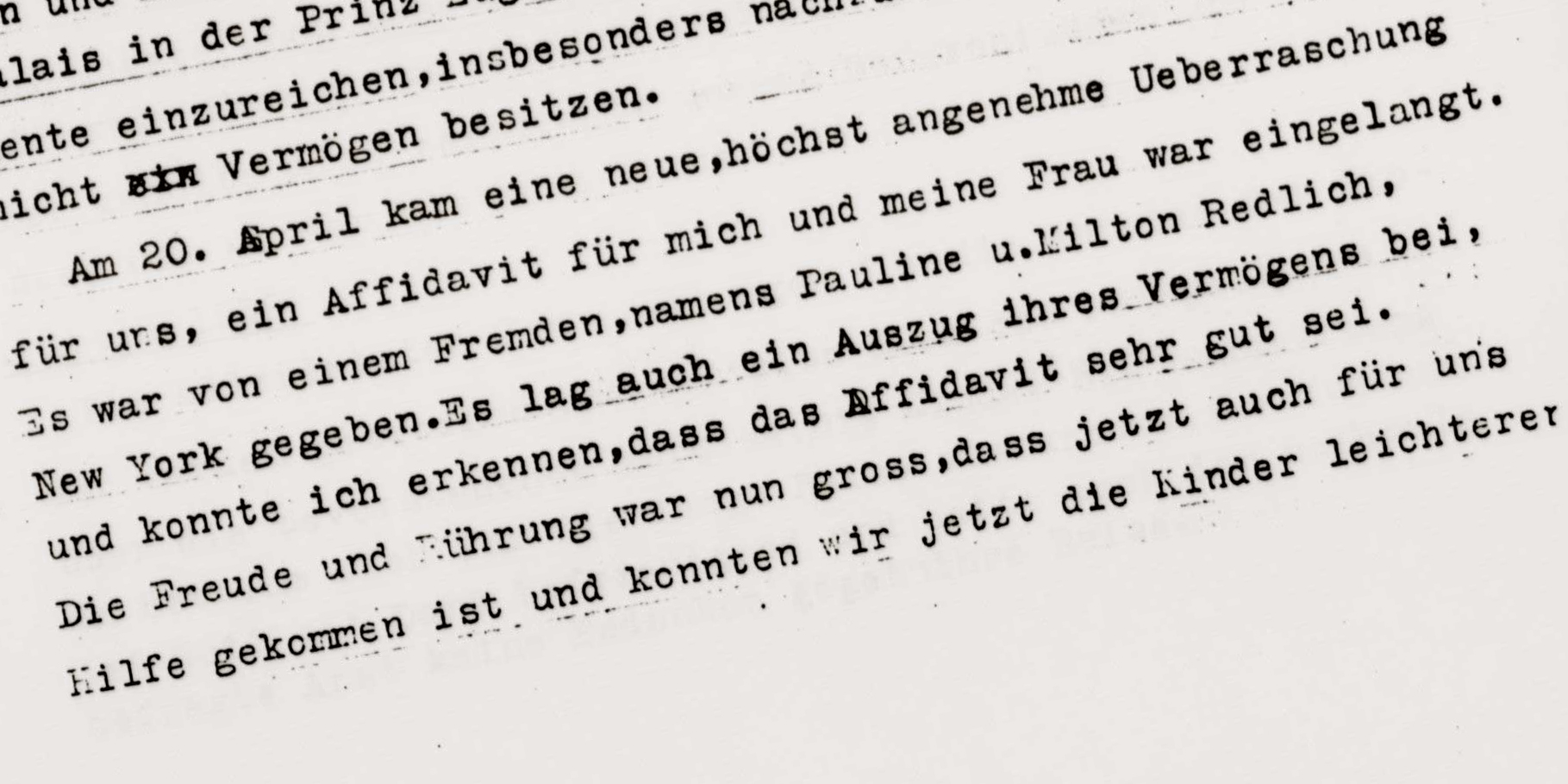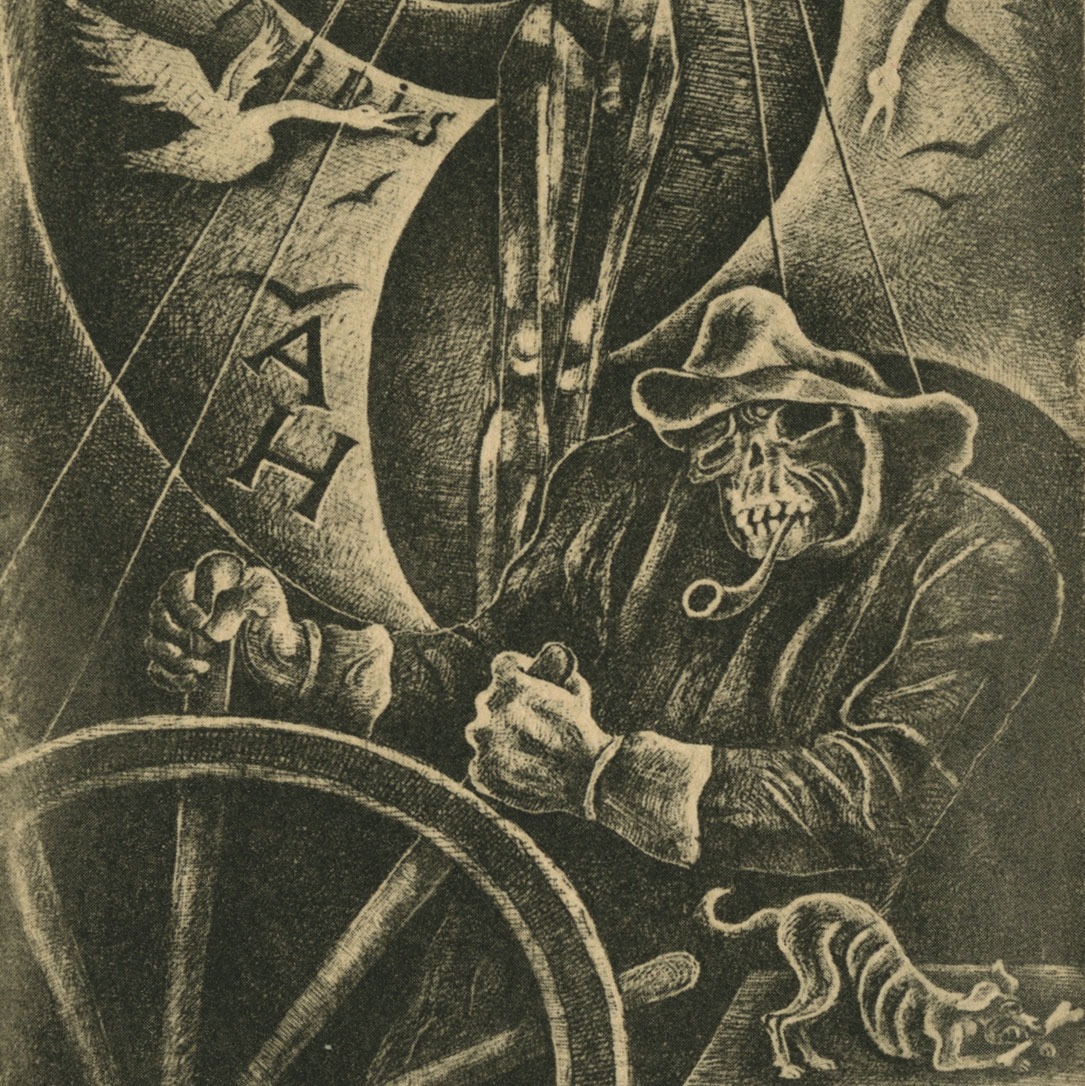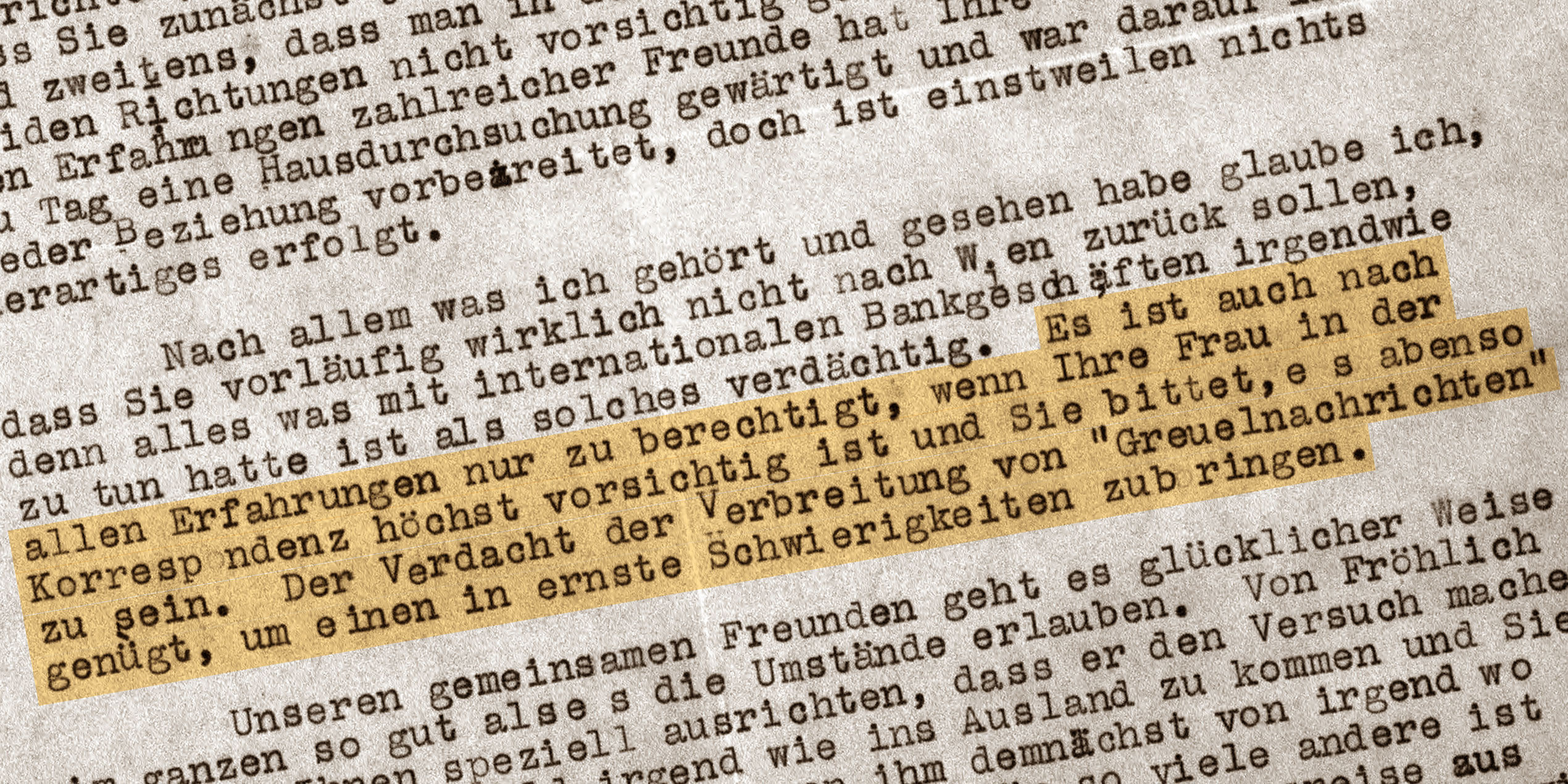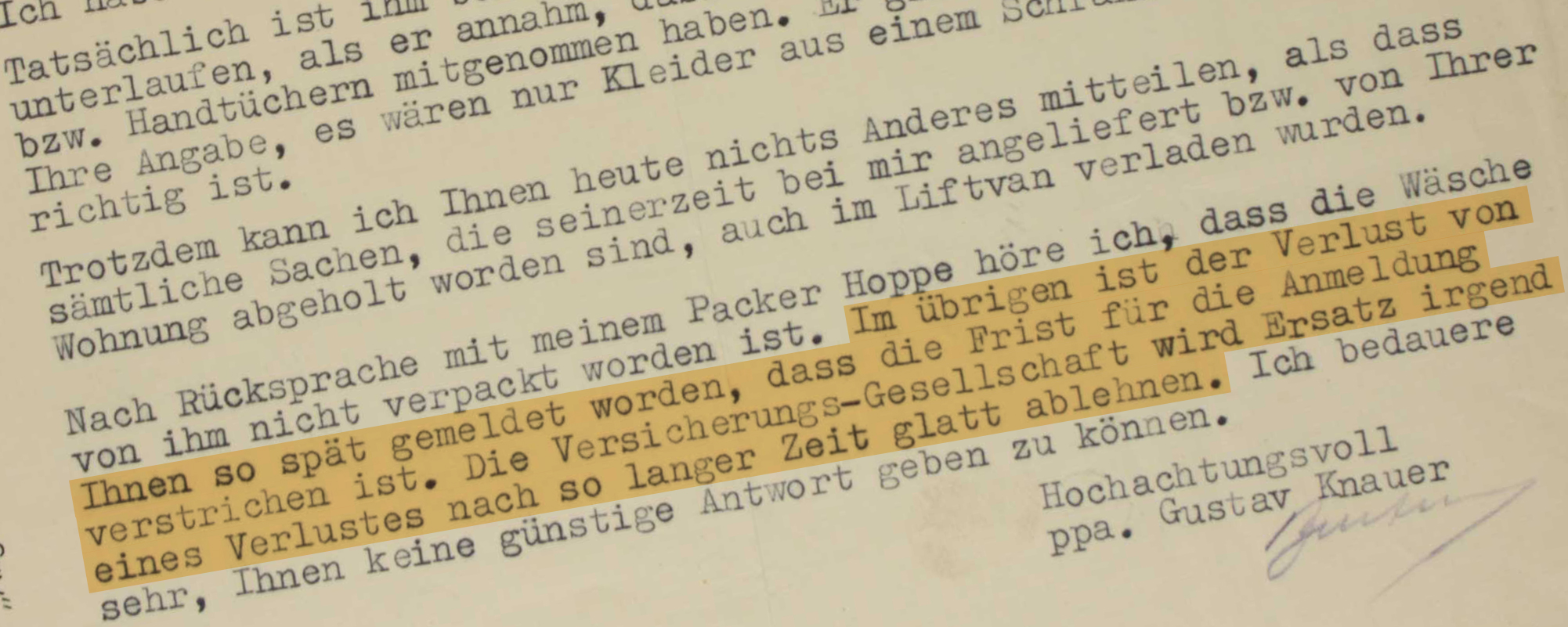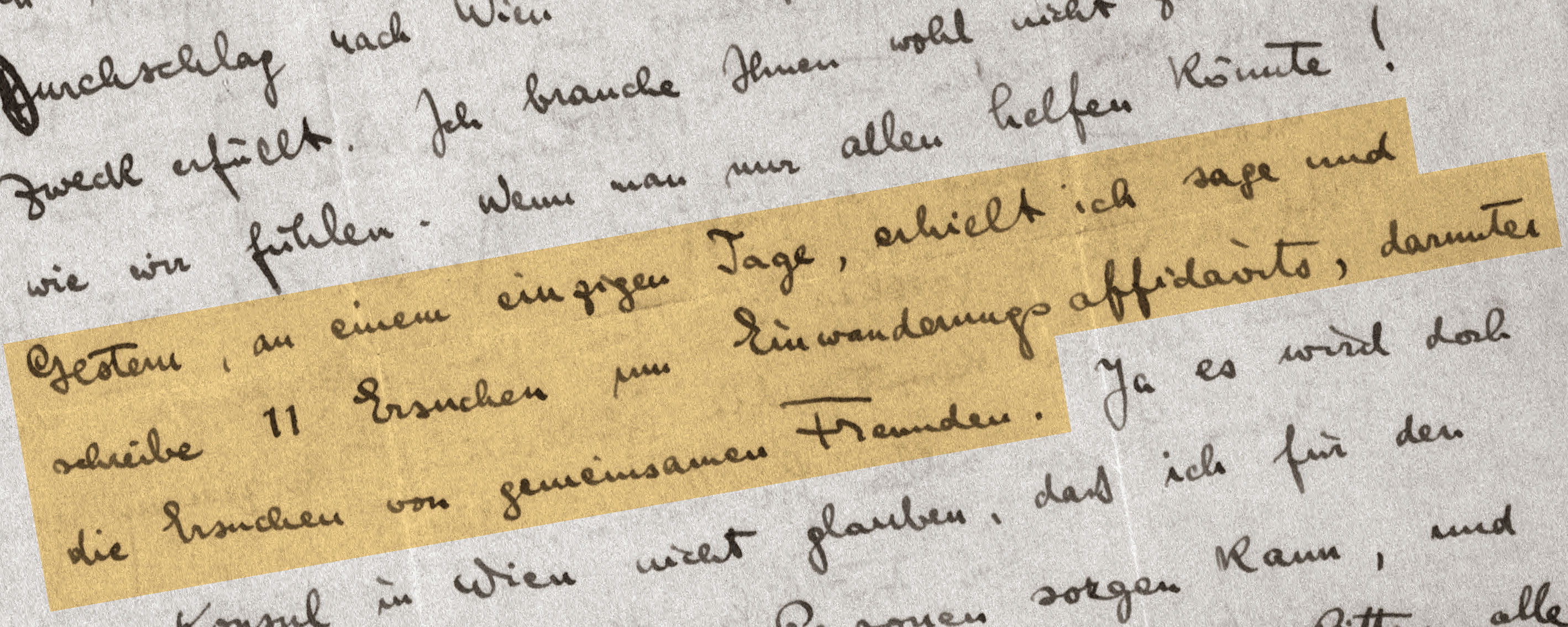Planted evidence
The Gestapo visits Adolph Markus
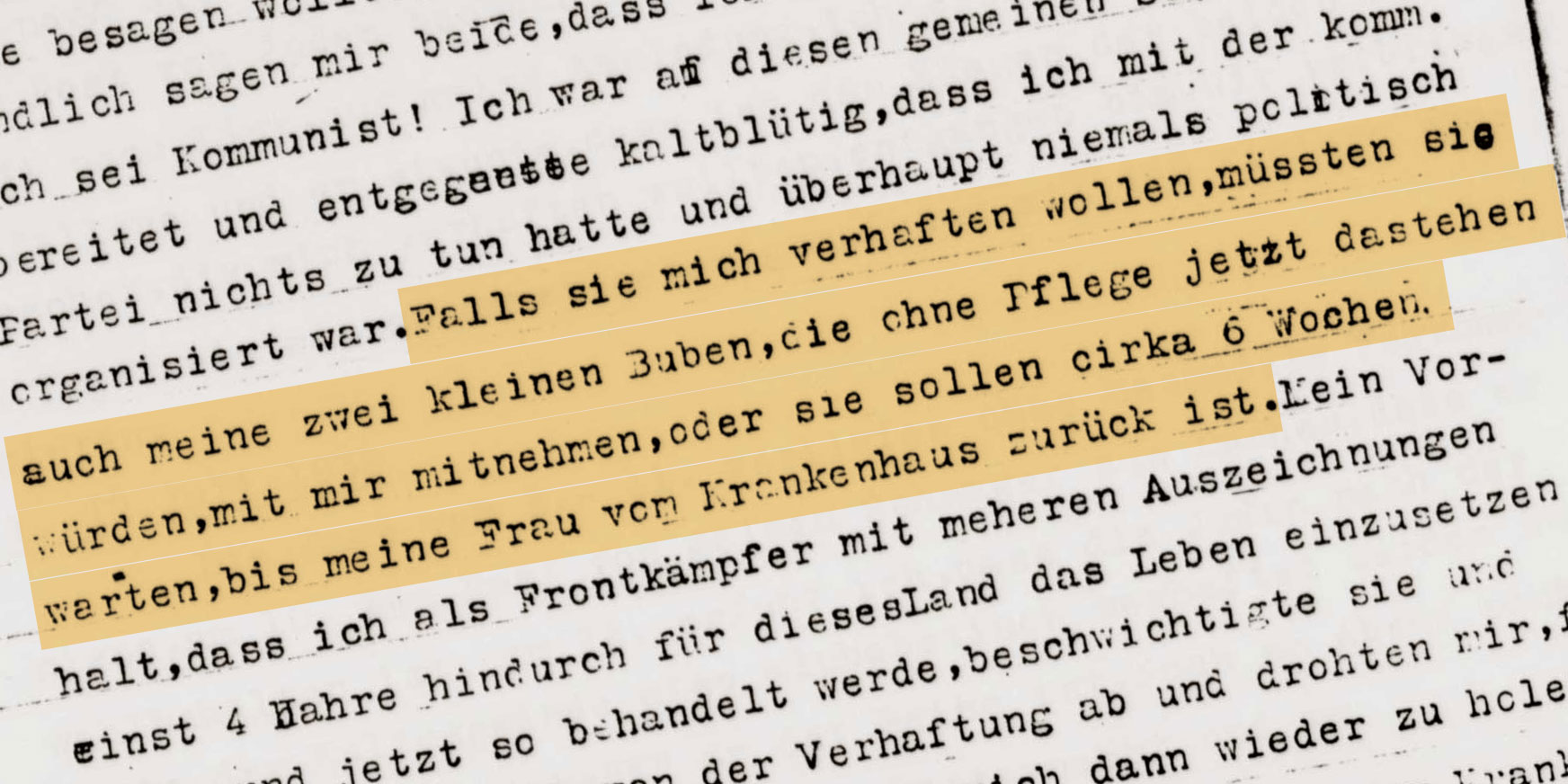
“If they wanted to arrest me, they also would have to take my two small boys, who otherwise would be without care, or they should wait approx. six weeks, until my wife is back from the hospital.”
Linz
Since discussing the possibility of emigration with his relatives in Vienna on April 20, Adolph Markus of Linz had taken up English lessons at the synagogue twice to three times a week. On April 29, his brother-in-law had been picked up by the Gestapo, and the Markuses’ tension and nervousness was beginning to rub off on the children. Two weeks later, Mrs. Markus was questioned by the Gestapo about the value of a house she owned and all her other property. Finally, on June 18, two Gestapo officers appeared at the family’s home: While going over the contents of some boxes, one of them tried to frame Adolph Markus by sneaking in a communist leaflet. Markus mustered the calm and self-assurance to point out to the officers that he had never been politically active in any way. His allusion to his frontline service in World War I, combined with the remark that if they were to arrest him, they would have to take along his two little boys, since their mother was in the hospital, made them change their mind. They left – threatening to return after six weeks if he wasn’t going to leave the country on his own accord.
SOURCE
Institution:
Leo Baeck Institute – New York | Berlin 
Collection:
Diary, February 1938–December 1939, Adolph Markus, ME1090 
Source available in English








































